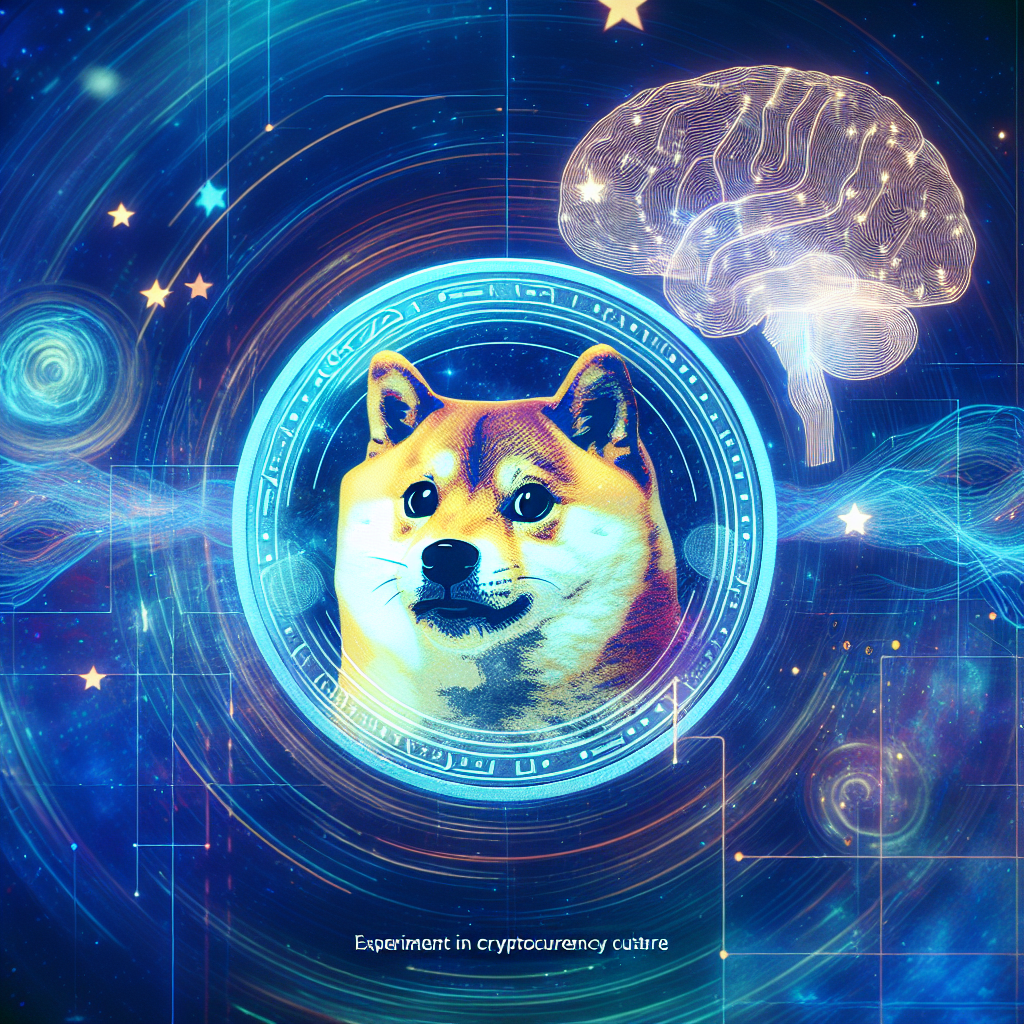In the sprawling universe of cryptocurrencies, Dogecoin stands out not just as a digital asset but as a phenomenon that embodies the cultural zeitgeist of the internet age. Born out of a playful meme, it has transformed into a multi-billion dollar digital currency, capturing the attention of investors, influencers, and the general populace alike. Central to its meteoric rise has been the involvement of Elon Musk, whose antics on social media and outspoken advocacy have played a pivotal role in shaping Dogecoin’s identity. This article delves into the roots of Dogecoin, its evolution, and how Musk’s influence has turned it into an intriguing experiment in cryptocurrency culture.
The Genesis of Dogecoin
Dogecoin was created in December 2013 by software engineers Billy Markus and Jackson Palmer, initially as a joke. Inspired by the popular "Doge" meme featuring a Shiba Inu dog with Comic Sans captions, it was envisioned as a fun and friendly alternative to Bitcoin. Unlike Bitcoin’s serious branding, Dogecoin embraced a more lighthearted persona, positioning itself as a currency for tipping content creators online and fostering community engagement. Its launch was marked by a significant cultural moment; it aimed to break down barriers to entry in the cryptocurrency space while promoting a sense of camaraderie among users.
The Surge of Popularity
For several years, Dogecoin maintained a niche presence, often overshadowed by more prominent cryptocurrencies like Bitcoin and Ethereum. However, interest began to swell in late 2020, coinciding with a broader resurgence in cryptocurrency investments. As amateur investors flocked to platforms like Reddit, Dogecoin unexpectedly became the subject of viral internet challenges and campaigns. The subreddit r/WallStreetBets, known for its role in the GameStop stock phenomenon, embraced Dogecoin as part of a larger commentary on financial empowerment and rebellion against traditional financial systems.
Elon Musk’s Influence
Elon Musk, the CEO of Tesla and SpaceX, became a central figure in Dogecoin’s narrative. His playful yet provocative tweets about the cryptocurrency have turned him into its unofficial ambassador, significantly affecting its valuation and public perception. From Tweets like "Doge to the moon!" to appearing on "Saturday Night Live" in May 2021—where the world tuned in to hear what he would say about Dogecoin—Musk’s influence cannot be overstated. Each tweet, meme, or mention frequently sparked wave after wave of buying frenzy, catapulting Dogecoin’s price to new heights.
However, Musk’s involvement has also raised eyebrows and concerns about the volatile nature of Dogecoin and the ethical implications of celebrity endorsements in the cryptocurrency space. Critics argue that Musk’s influence may lead inexperienced investors into risky territory, raising questions about the responsibility associated with wielding such power in financial markets.
Cultural Impact
Dogecoin’s journey reveals much about contemporary cryptocurrency culture. It highlights the intersection of finance, humor, and community—an online culture where memes can be as valuable as economic models. The Dogecoin community has embodied this ethos by organizing charitable donations and supporting various causes, including funding a NASCAR team and raising funds for clean water projects in Kenya.
Moreover, Dogecoin has challenged traditional notions of financial value, appealing to a generation that prioritizes social engagement and collective action over mere profit margins. This cultural shift represents a growing trend within broader crypto movements, where the community and the ethos behind a currency hold as much significance as its economic fundamentals.
The Future of Dogecoin
As Dogecoin continues to navigate the tumultuous waters of the cryptocurrency market, its future remains uncertain yet intriguing. The initial enthusiasm that sparked its rise has cooled off in recent months, with fluctuations mirroring broader trends in digital asset investments. Nonetheless, the cultural experiment that it represents endures.
With potential development plans on the horizon, including discussions around scalability and utility, the Dogecoin community may seek to transition from a meme-based currency to a more functional and sustainable crypto asset. As Musk continues to engage with the project—whether through tweets or tech initiatives—Dogecoin’s identity will likely evolve with the ever-changing landscape of cryptocurrency.
Conclusion
Dogecoin serves as more than just a speculative asset; it reflects a larger narrative about cryptocurrency’s cultural significance and the role of influencers in shaping financial systems. As an "experiment" in cryptocurrency culture, it highlights the unexpected ways in which humor, community, and technology can intersect to rewrite the rules of engagement in the financial world. Whether or not it sustains its current relevance, Dogecoin has undoubtedly left an indelible mark on the cryptocurrency landscape—one that speaks to the shifting dynamics of trust, investment, and community in our increasingly digital lives.

